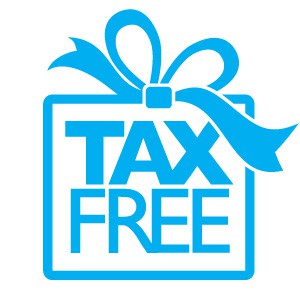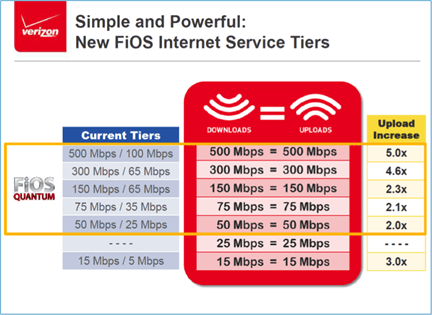
Downtown Syracuse (Image: Post-Standard)
The city of Syracuse is facing an unpleasant broadband reality: the current cable company is about to be bought out by Comcast (which has usage caps in store for broadband customers) and the phone company has thrown in the towel on further expanding FiOS — fiber to the home broadband.
Mayor Stephanie Miner isn’t willing to let the city get trapped by a lack of broadband options from Comcast and Verizon, so she’s developing a plan to build a publicly owned alternative.
“I’m putting together a plan that we can do it ourselves, as a community,” Miner told the Post-Standard.
If approved, Syracuse would join Chattanooga, Lafayette, La., Wilson and Salisbury, N.C., and several other cities providing local citizens with broadband speeds up to 1,000/1,000Mbps.
“Would we have to do that in phases? What would that look like? How would we pay for it? What would the model be? Those are all things that we are currently looking at, ” Miner noted.
Many of those questions have already been worked out by the best clearinghouse Stop the Cap! knows for excellent community broadband project development: the team at the Institute for Local Self Reliance.
The Community Broadband Networks Initiative of the Institute for Local Self-Reliance, works with communities across the United States to create the policies needed to make sure telecommunications networks serve the community rather than a community serving the network. The Institute for Local Self-Reliance is a non-profit organization that started in Washington D.C. in 1974.
ILSR’s Mission:
The Institute’s mission is to provide innovative strategies, working models and timely information to support environmentally sound and equitable community development. To this end, ILSR works with citizens, activists, policymakers and entrepreneurs to design systems, policies and enterprises that meet local or regional needs; to maximize human, material, natural and financial resources; and to ensure that the benefits of these systems and resources accrue to all local citizens.
No community should attempt to build a community broadband network without first consulting with ILSR. They are particularly effective at helping combat the misinformation campaigns that often arise when an incumbent duopoly discovers they are about to get serious competition for the first time.
If your community wants something better than the local cable and phone company, have your local official(s) E-mail or call Christopher Mitchell at ILSR: 612-276-3456 x209
With entrenched providers unwilling to meet the needs of communities for affordable fast Internet, more American communities are providing the service themselves, much as they take care of local roads, bridges, and other public infrastructure. Comcast’s toll information superhighway may work wonders for shareholders, but it leaves most customers cold. Syracuse, like most upstate New York cities, has also watched Verizon flee from investments in FiOS expansion beyond a handful of wealthy suburbs. Verizon has diverted much of its investment away from wired networks in favor of wireless, a much more profitable business.


 Subscribe
Subscribe
 If a high-profile phone or cable company moves to enact an REIT, that might be enough to provoke Congress to act, warned Moffett.
If a high-profile phone or cable company moves to enact an REIT, that might be enough to provoke Congress to act, warned Moffett.
 Verizon Wireless’ ongoing campaign to get rid of its grandfathered unlimited data customers continues this week with news the carrier will begin throttling speeds of off-contract customers still hanging on to their uncapped data plans starting Oct 1.
Verizon Wireless’ ongoing campaign to get rid of its grandfathered unlimited data customers continues this week with news the carrier will begin throttling speeds of off-contract customers still hanging on to their uncapped data plans starting Oct 1. “My phone has been throttled and is now essentially unusable for the very things it is marketed for,” reports one customer sentenced by Verizon’s “Network Optimization.” “
“My phone has been throttled and is now essentially unusable for the very things it is marketed for,” reports one customer sentenced by Verizon’s “Network Optimization.” “ Verizon Communications today announced its FiOS Internet customers will be getting free speed upgrades that match upload and download speeds — the only provider in FiOS markets to offer speed equality.
Verizon Communications today announced its FiOS Internet customers will be getting free speed upgrades that match upload and download speeds — the only provider in FiOS markets to offer speed equality.
